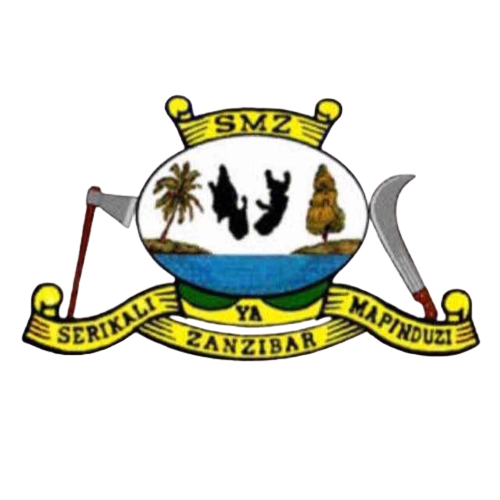global navigation bar
Saturday 27th of July 2024
SDGs Zanzibar
Introduction
The Revolutionary Government Zanzibar (RGoZ) as part of the United Republic of Tanzania, has been committed to implementing and actively engaged in pursuing and achieving the Global 2030 Agenda of SDGs, Regional and National development agenda in order to bring the state into middle income level parallel with ending all forms of poverty and fighting with violence while ensuring that no one is left behind.
To meet the commitment of Global 2030 Agenda, more data is needed as an evidence base which enable the Zanzibar Planning Commission (ZPC) to track the progress made towards achieving the targets of Zanzibar Development Plan (ZADEP) and SDGs. Therefore, involvement of all stakeholders including the Government, Private Sector, Civil Society Organizations (CSOs), and International Development Partners is needed to smooth the role of ZPC who is responsible for coordinating, implementing and safeguarding of SDGs.
Mainstreaming SDGs
SDGs have been mainstreamed in the National long-term development plan namely Zanzibar Development Vision 2050 (ZDV50) which is implemented through successive short-term plans of five years’ period. Therefore, implementation of SDGs is realized through implementation of these short term plans currently known as ZADEP.
Efforts
Currently, Zanzibar adopt 239 SDGs indicators whereby 150 indicators don’t have baseline data yet and 89 indicators have at least baseline data but not in the required disaggregation level. Reprocessing of existing surveys datasets facilitate the reduction of data gaps from 82- 63 percent. OCGS with the support of UNDP undertaking assessment of national capacity to produce data for SDGs reporting (public and private institutions) and realized that there is no data for monitoring SDGs from Private Sectors while for Government Entities data are not uniform and have a number of shortcomings including lack of proper data collection tools. Also, under the support of UNFPA and ILO, OCGS adopted metadata for 116 SDGs indicators. Zanzibar Info Dashboard has been developed through web-base and Mobile App for disseminating Key Performance Indicators.
Role of OCGS in 2030 Agenda
Office of the Chief Government Statistician (OCGS) as a custodian of official statistics, play an important role of providing all required data for monitoring Global 2030 Agenda of SDGs, Regional and National development agenda. Therefore, this role of OCGS is key in the realization of these Development Agendas. OCGS realizes this fact and is putting more efforts on strengthening the statistical system in order to get the accurate and timely data which inform both National and Global Agenda.






